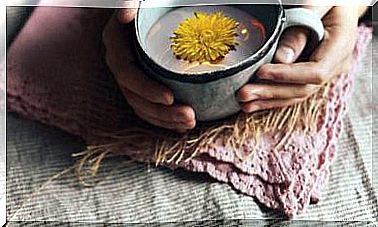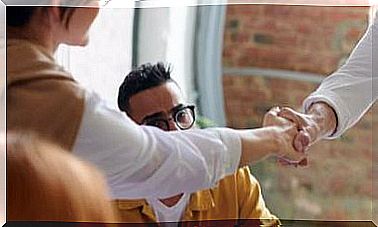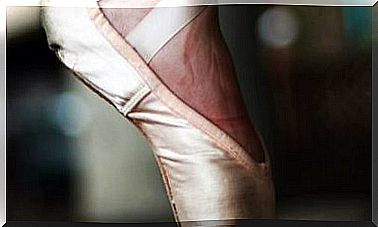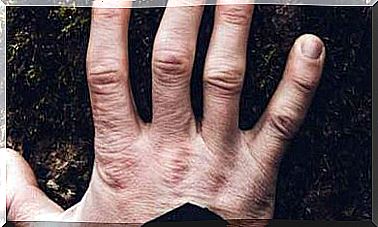Do You Suffer From “warrior Woman Syndrome”?
Many women resist the day to day dragging leadership in their personal and professional environment. They can with everything. But, yes, they also need to be cared for.
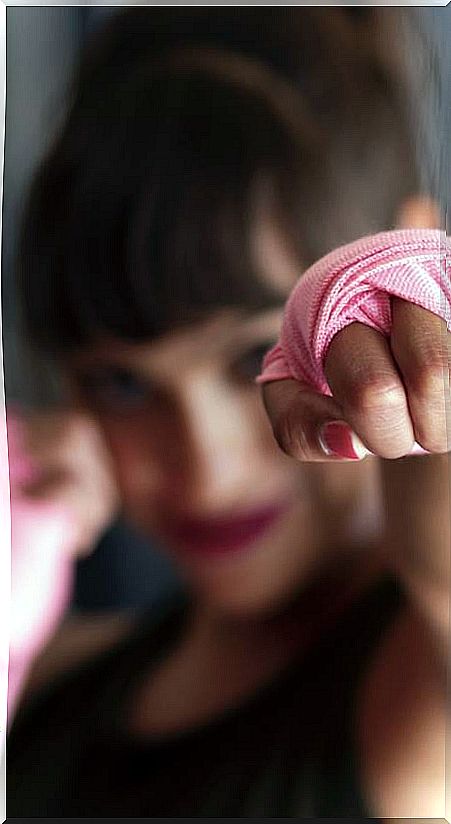
For a long time, and more and more, I have come across women who feel lonely, who feel that they have no support when they are in a difficult moment, that hardly anyone asks them how they are or if they need anything.
Women tired of pulling the car, of proposing, of giving ideas. They are usually driven, strong women, leaders in their profession, in entities, in their own family or their own home. Empathic women, caregivers. Their environment, whether professional or personal or both, is used to their initiative, their ideas, that they are the ones who make and break.
There are women who pull the car in all areas of their life. And since they are strong, no one asks them how they are.
They have pushed forward despite difficulties or harsh situations, they are the ones who take the chestnuts out of the fire, the ones who undertake eternal struggles, although the rest see them as exaggerated, some overprotective, some idealistic. But, alas, when they have a bad time, when they cannot pull the car due to an illness or situation, or simply when they finally sit down and realize that they are exhausted.
Sometimes they complain about the rest, that they do not respond like them, that they do not realize how they are, that they do not react. They have cultivated a role in everyone’s minds, even themselves, that they can, they can with anything. And it’s true. Perhaps simply because, as that phrase that runs around there says, they have had no choice but to be.
But caregivers need to be cared for, to care you have to take care of yourself. And from so much pulling and pulling forward we forget that space of care.
The “warrior syndrome”
Warrior women focus on others and often forget something important: to take care of themselves.
The “warrior syndrome” is not in itself any disorder or any disease, perhaps the negative consequence is that if women do not receive care from themselves or from society, they may end up with some associated disorder of stress or anxiety, or burn out syndrome in your work or association.
We already know that women suffer twice as much stress as men, but those who suffer from this syndrome are normally caregivers both in the sphere of their home or family as well as professionals, especially in careers such as Medicine, Nursing, Assistants, Physiotherapy, Social work, Social Education, Psychology, Teaching, as volunteers in non-profit associations. They are often the innovative, the groundbreaking, the critical. They are leaders without intending it.
It is not easy for warriors to find moments to take care of themselves, to dedicate themselves exclusively to themselves.
In a society where we are pushed to perform, to work for endless days, not to connect with our emotions and feelings, it is easy to help promote more this profile of off-road women who reach everything. Except themselves, of course.
The subject of leisure is not well regarded because we relate it to luck, to wandering around, to not having responsibilities… when leisure is one of the most important forms of self-care.
From the same careers, the issue of self – care is little emphasized , there are hardly any spaces intended for it in the workplace, unless the person looks for them individually. His objective has always been the other. They are left last. They often struggle to find space for themselves or know where to start.
But once they begin to take care of themselves conscientiously, they recover easily and quickly and end up incorporating the care in a stable way, finding the balance between being a warrior and being cared for.
The warrior’s rest: cars to repair body and mind
It is time to pay attention to that girl who had to move forward, who took care of her parents when she was not playing, who was more mature than the rest. It’s time to look at the girl. To take care of her, to hug her.
First, let’s learn to prioritize ourselves
Knowing that it may be difficult for us to find time for ourselves, let’s at least try to spend a little time a day.
It is worth reserving in the agenda an hour of doing nothing, walking, doing sports, going to nature, having a massage, having a coffee on a terrace without rushing.
Let’s think about what brings us happiness
Many times the therapy space is our space, where we meet ourselves, where we are at peace and we feel cared for.
For a mother, returning to paid work or having a training space, if these are enriching and rewarding, can be liberating. For others, it is a time to dance or sing and go back to being girls.
Let us choose what frees us.
Let’s learn to lean on others
Family, friends, community … It may require intense work but the goal is to learn to ask for help.
And also to say “no”, to not always be available.



